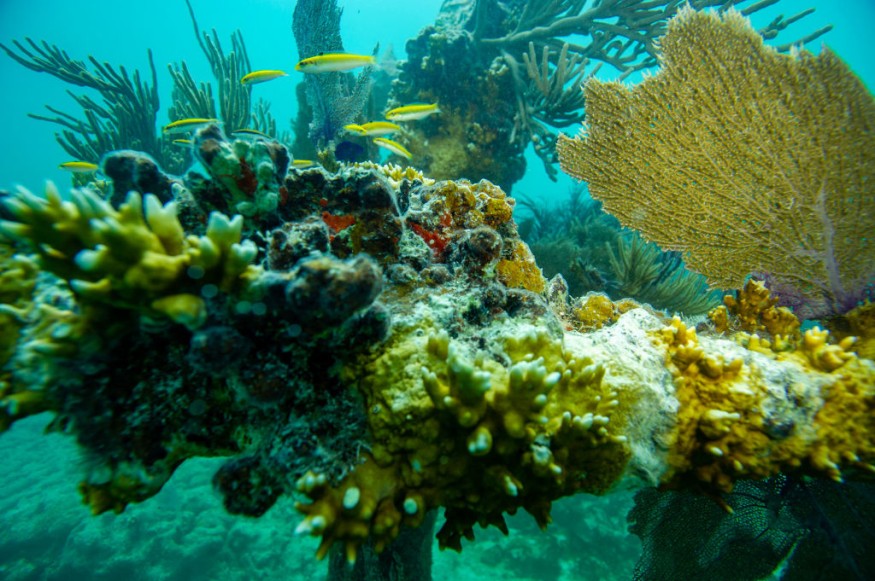The recent report warned of climate change and rising temperatures in Florida. Hotter surface temperatures can threaten the coral's health and survival.
Researchers have been monitoring the state of the coral reef in the Florida region. Coral reefs play a significant role in the marine environment. Fish and marine animals can likely become affected by hotter surface temperatures.
In Florida, researchers raised concerns about the impact of climate change on coral reefs. With coral ecological services, the decline in health can have devastating effects on ecosystems.
Rising Temperatures Impact on Coral Reef System in Florida

According to recent reports, coral reefs have suffered from many challenges:
- global warming
- human exploitation
- deep-sea mining, pollution
- destructive fishing practices,
- climate change
- extreme weather events
When climate change intensifies, it can likely affect their survival, especially the food security for human populations. In the recent report, the researchers monitored the corals in Florida, especially in the Cheeca Rocks.
Ian Enochs, a marine scientist and from the National Oceanic and Atmospheric Administration in Miami, explained that the reef looked different. The mass bleaching of corals can have devastating effects on animal and ocean health.
The report highlighted that prolonged bleaching can become catastrophic. Researchers checked the area to check on the aftermath of heatwaves.
Florida is no stranger to rising temperatures. In 2023, the region recorded high sea temperatures. In July, the seawater temperatures reached like a hot tub in Florida, reaching 37.8C (100F) near the Manatee Bay.
At the Cheeca Rocks, the area has been known with healthy corals. It is a sanctuary preservation area to protect the inshore patch reefs and a popular place for snorkelers. However, the researchers discovered that Cheeca Rocks is vulnerable to threats of rising temperatures and climate change.
For instance, the species of staghorn and elkhorn have suffered from widespread decline. Climate change can make it more challenging for all corals to survive exacerbated by human destruction and alarming pollution.
Meanwhile, researchers are finding ways to study and breed more heat-resilient corals in parts of the US, especially in Florida. The unprecedented temperatures can significantly threaten their survival amidst the problem of climate change.
Corals in Florida
Florida is home to different colorful coral species. People can find the rare staghorn corals with tangled dense thickets. However, rising temperatures can put at risk the endangered coral. The other coral species are the following
- Elkhorn Coral (Acropora palmata)
- Boulder Star Coral (Monstastrea annularis)
- Great Star Coral (Montastraea cavernosa)
- Lettuce Coral (Agaricia agaricites)
Related Article : Widespread Warmth Recorded in North-Central US in December 2023
For more similar, don't forget to follow Nature World News
© 2026 NatureWorldNews.com All rights reserved. Do not reproduce without permission.





